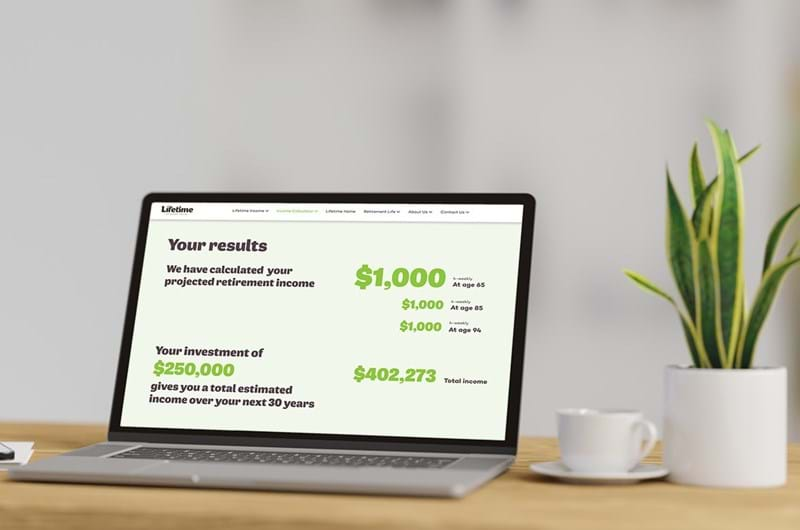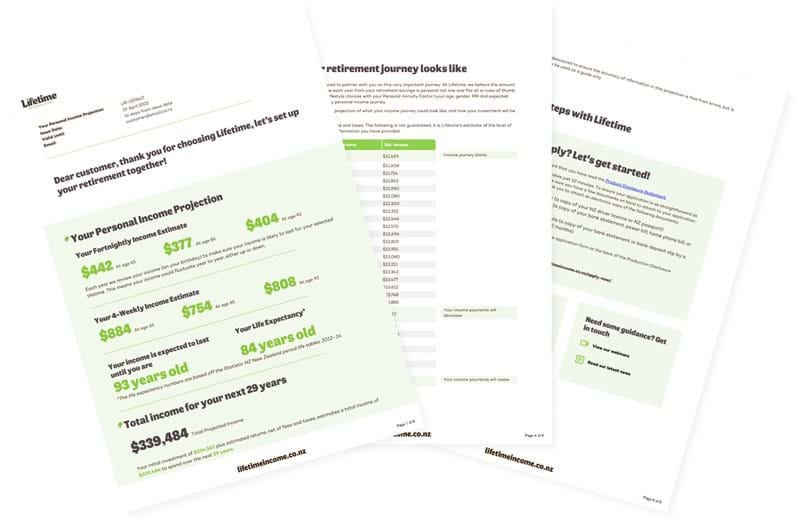Jan 31 2023
It’s an uncomfortable position when anyone suffers losses.
And so, “when will it end?” becomes an important question. My best assessment is that we should expect to see markets start to recover and regain lost ground around the middle of this year.
Let me explain my reasoning
But first, a reminder that no one can answer the question with 100% confidence. Without a fully functioning crystal ball, there always has to be some doubt. The only way that we can really try to answer the question is proper analysis and by drawing on experience. Nevertheless, however good our analysis, no one can be expected to get their predictions perfectly right.
Remember, also, that the share markets usually lead economic events by about six months. This means that markets anticipate economic events and start to rise or fall in advance of those events. (Of course, markets are sometimes blindsided by surprise events, but experience suggests that markets start to pick up about six months before the economy does).
To answer our big question, we should start to consider what caused this slump and think about when that cause might abate.
The main cause of this slump has been the increase in interest rates. Increased interest rates are brought about by inflation. Inflation in some places around the world are starting to fall – those countries which measure inflation on a monthly basis (e.g. the US and the UK) are showing lower inflation. (It is difficult to know what the trend in New Zealand might be because inflation is only measured here on a quarterly basis).
However, although inflation in the US is falling, it is still a long way above where is needs to be see lower interest rates: inflation in the US is currently 6% but the Federal Reserve wants to see it head towards 2%.
The Fed, therefore, may continue to ignore the calls which ask for it to stop increasing interest rates so that the US (and perhaps the world) has a soft economic landing and avoids recession.
These calls are falling on deaf ears at the moment – it could be some months until inflation is low enough for the Fed and other Central Banks to slow their interest rate rises, let alone start to reduce rates.
Inflation and higher interest rates hurt consumers. Incomes often do not keep up with the rising cost of goods, and higher interest rates add to the economic pain. The squeeze on consumers’ budgets leads through to lower expenditure as people tighten their belts to get the through the rough period.

Martin Hawes
Lower consumer expenditure has its own impact:
Reduced company profits. Even if inflation abates and interest rates stop rising by the middle of the year, the impact of the economic downturn (and possible recession) may last until the end of 2023.
But there is some light
Share markets are usually six months ahead of the economy. If higher interest rates leads to struggling economies which might start to recover at the end of the year, six months back from the end of 2023 takes us to mid-2023. That is about when I would expect markets to start their long haul back up.
Although I think that the market slump may end around the middle of this year, this comes with no guarantees! The estimation relies on markets anticipating what the economy does by six months (which is not a fixed rule) and it also relies on the economy starting to recover by the end of the year. You cannot set your watch by either estimate.
It also assumes that there are no other adverse events that disrupt the economy (e.g. a return of COVID or an escalation of the war in Ukraine).
However, it seems to me that although there may be more market volatility in the coming weeks and months, before too long we should start to see some light at the end of the tunnel. That should be welcomed by investors of all kinds.

